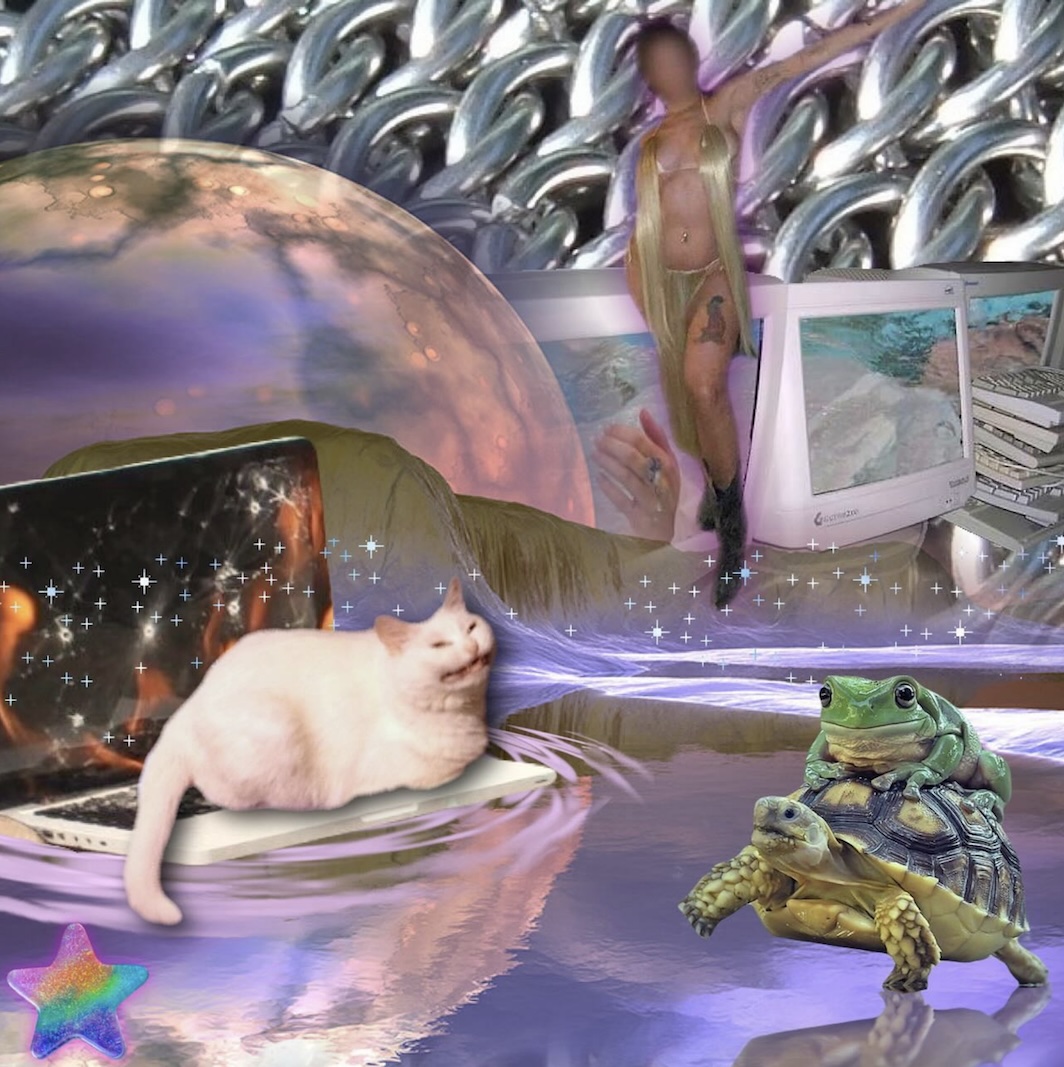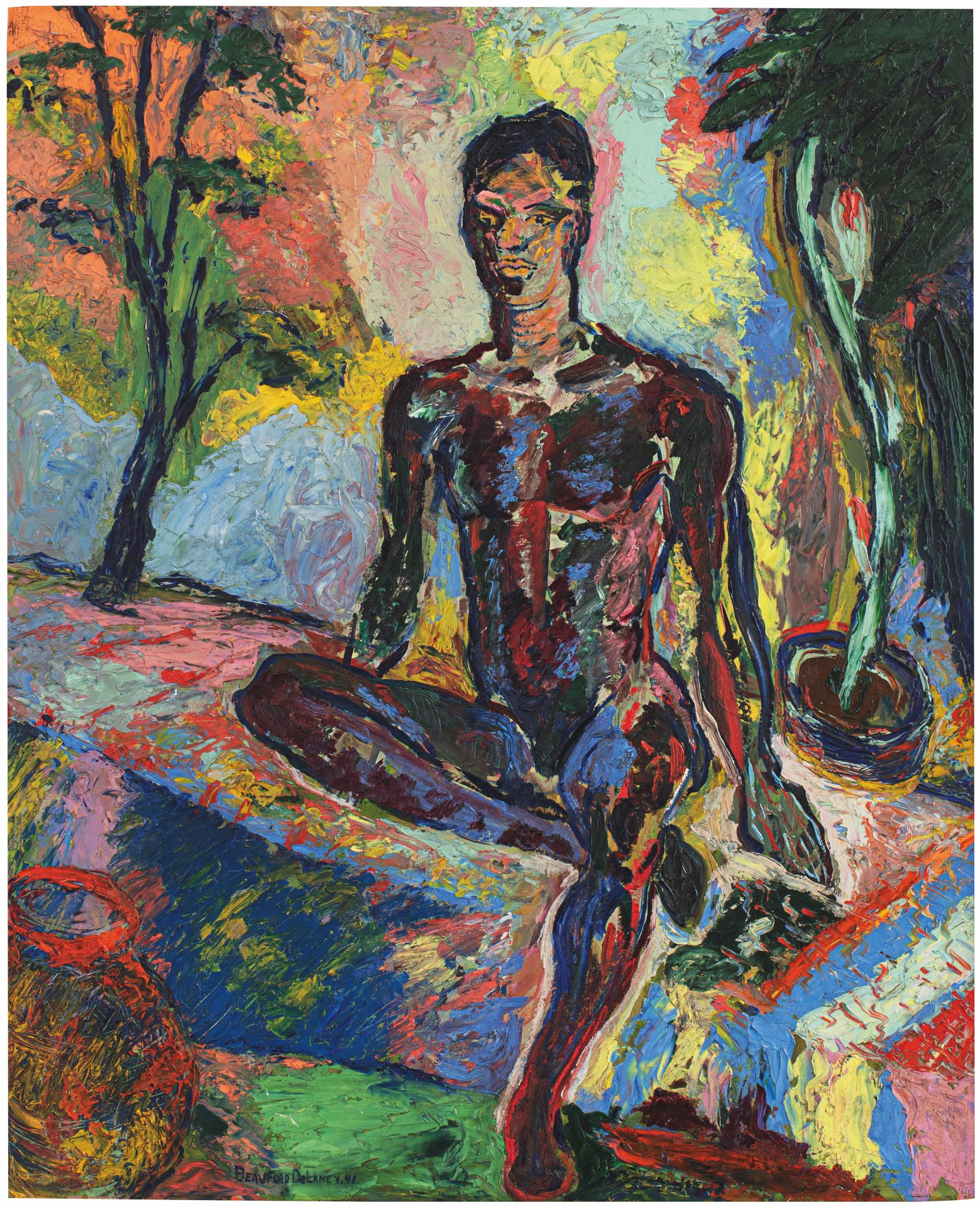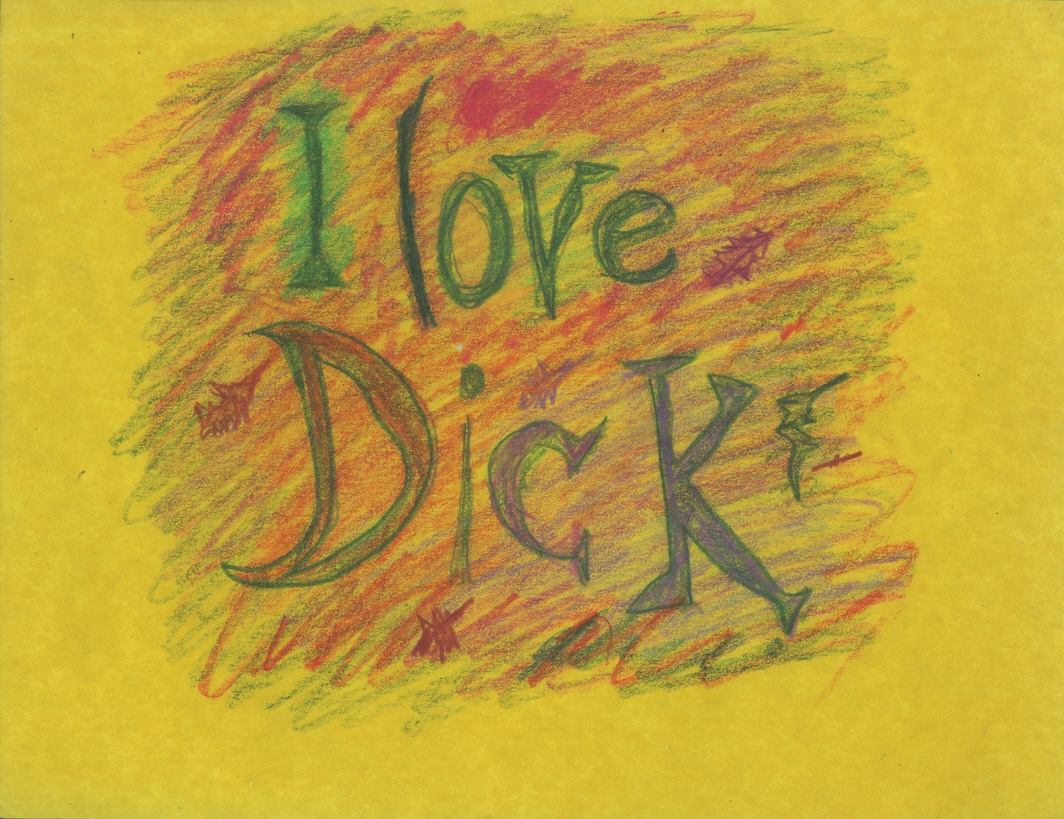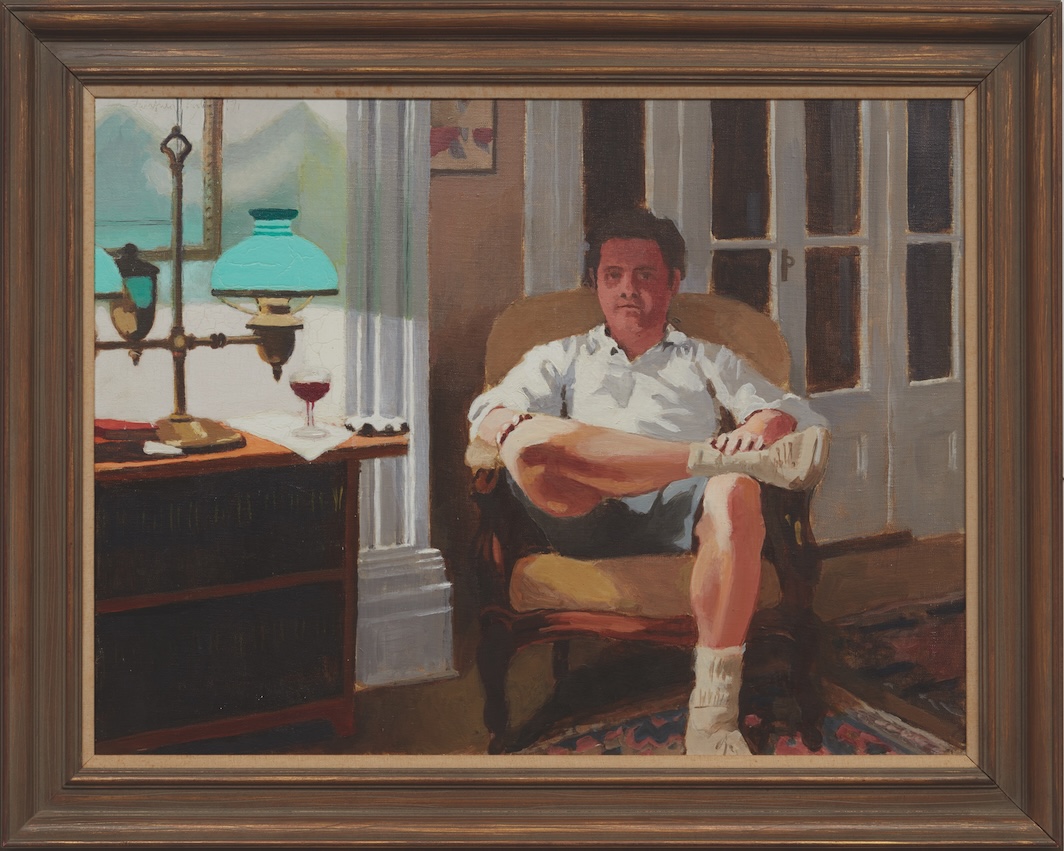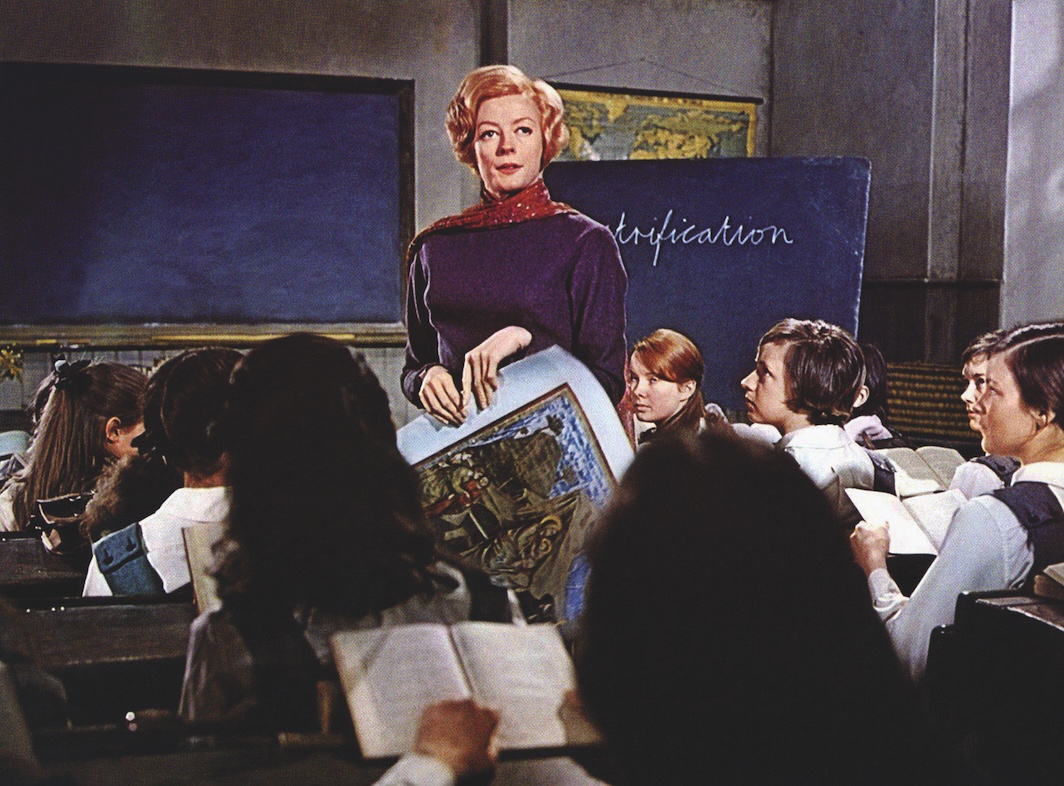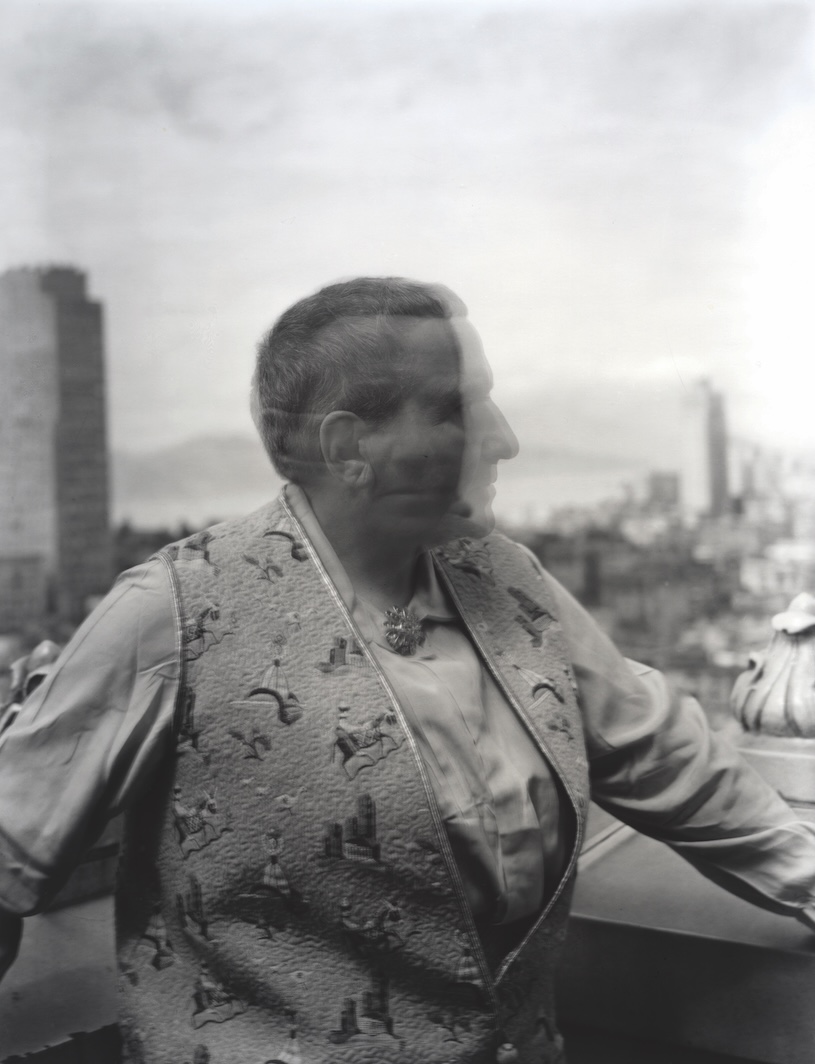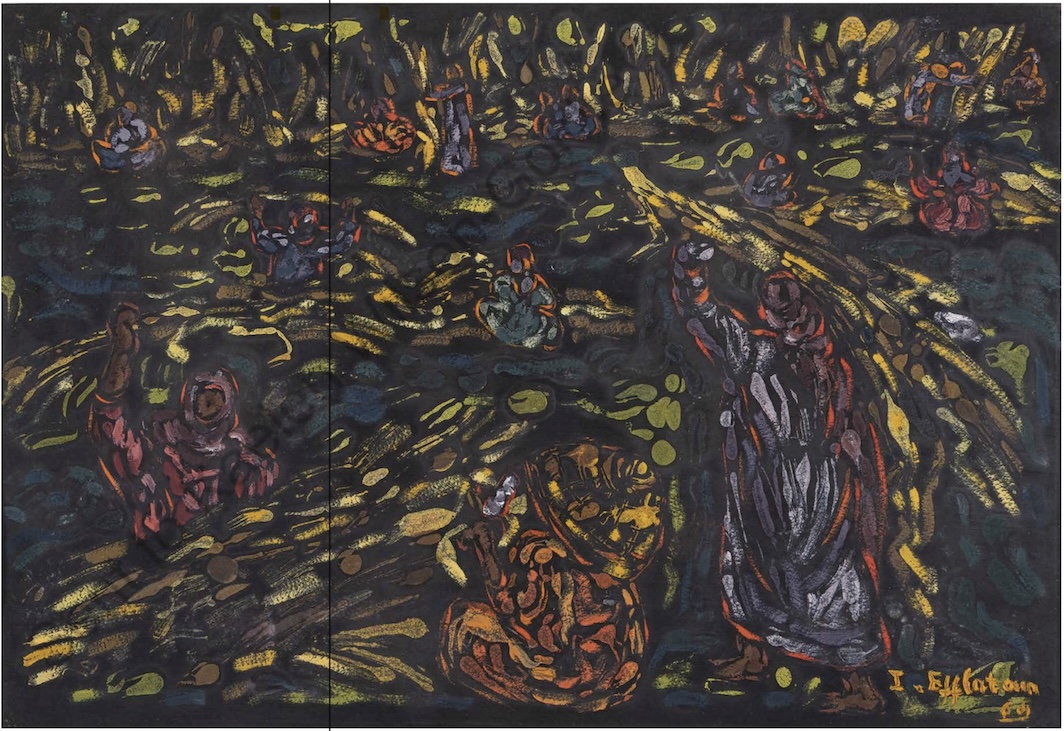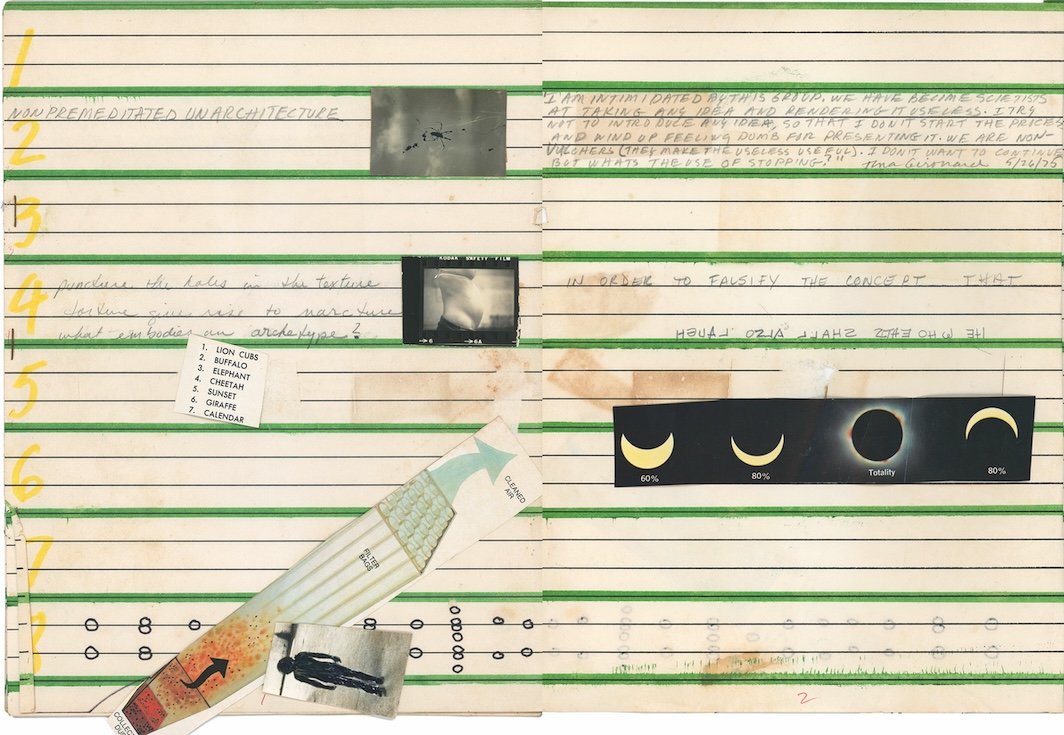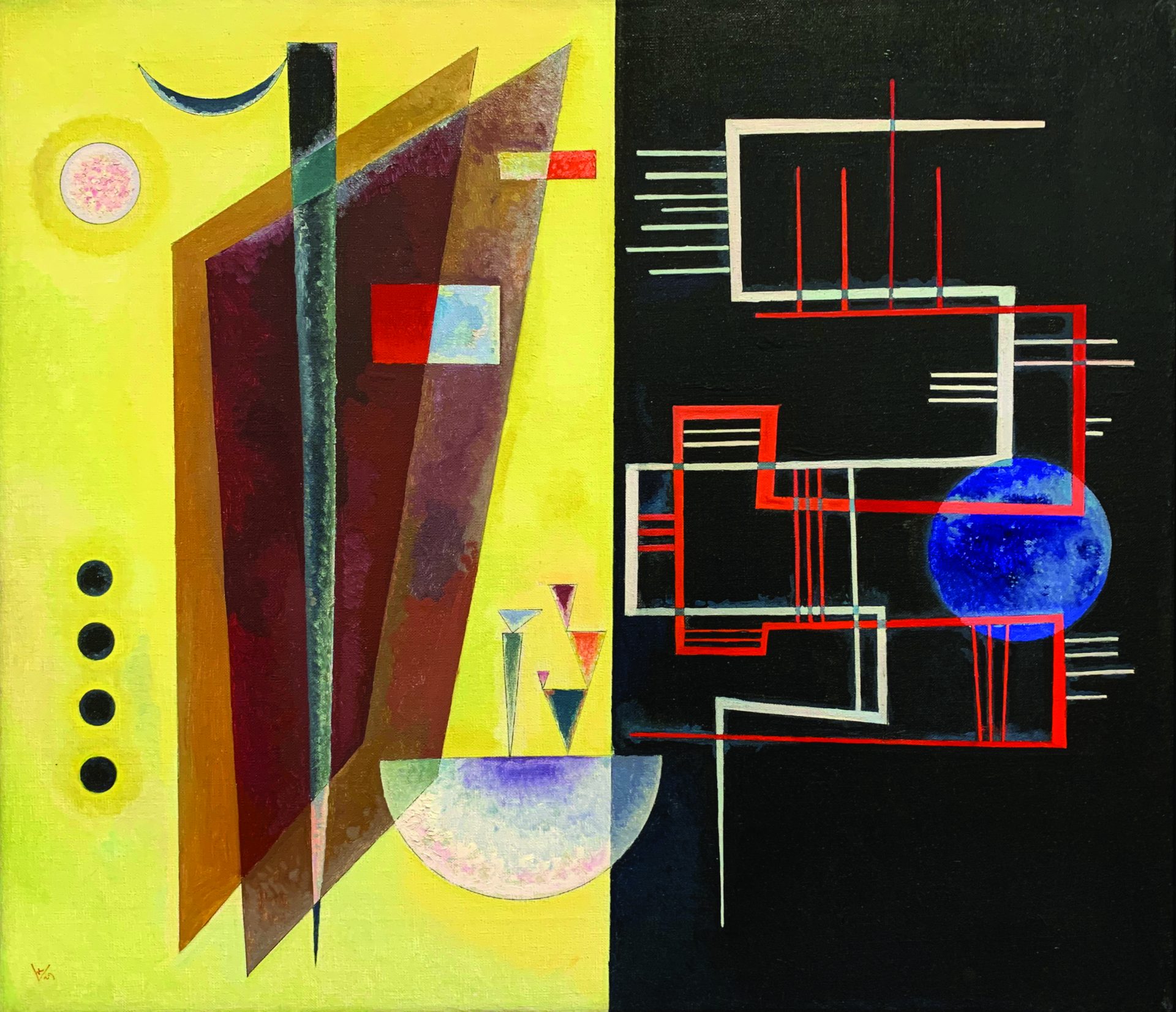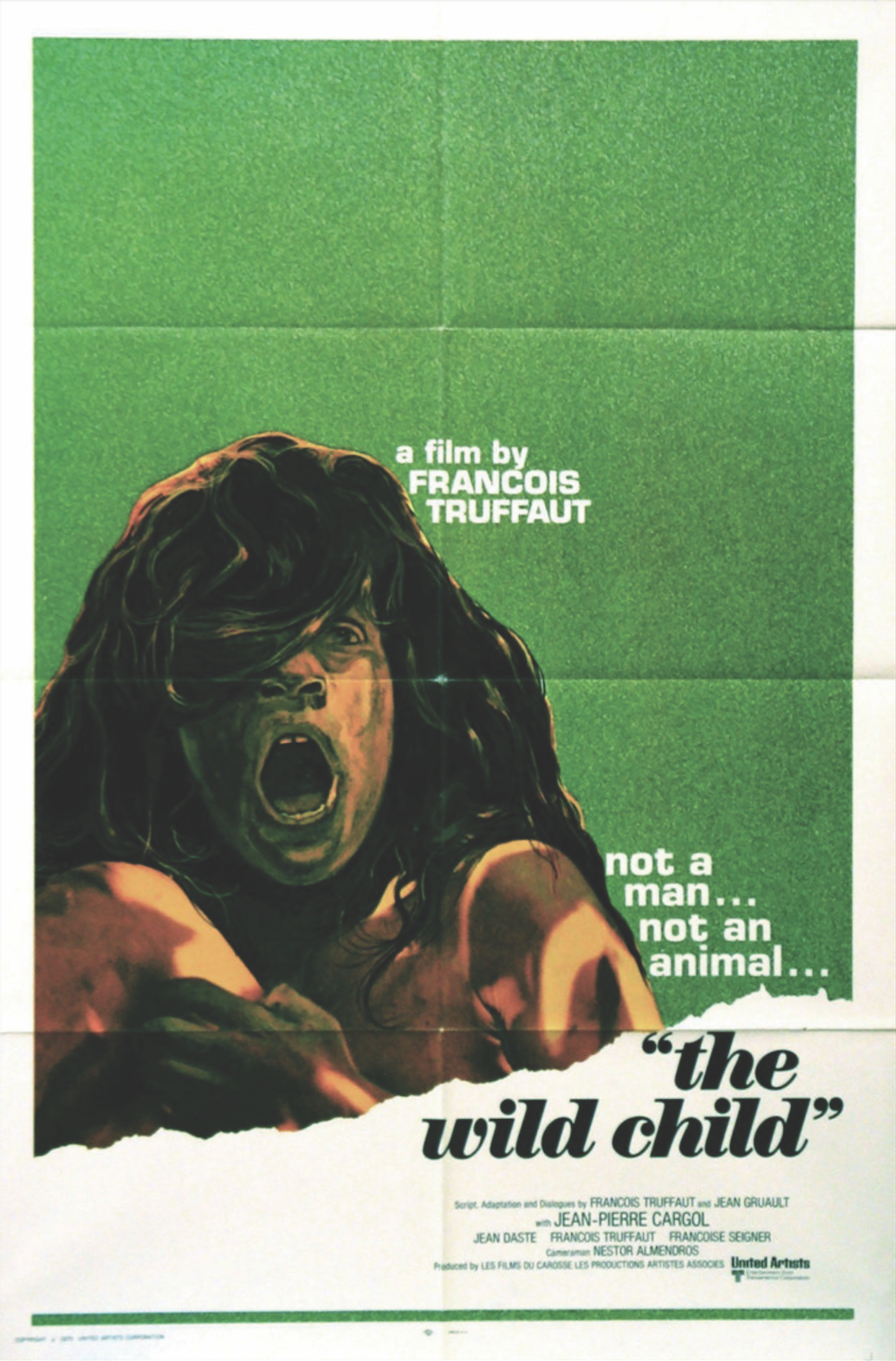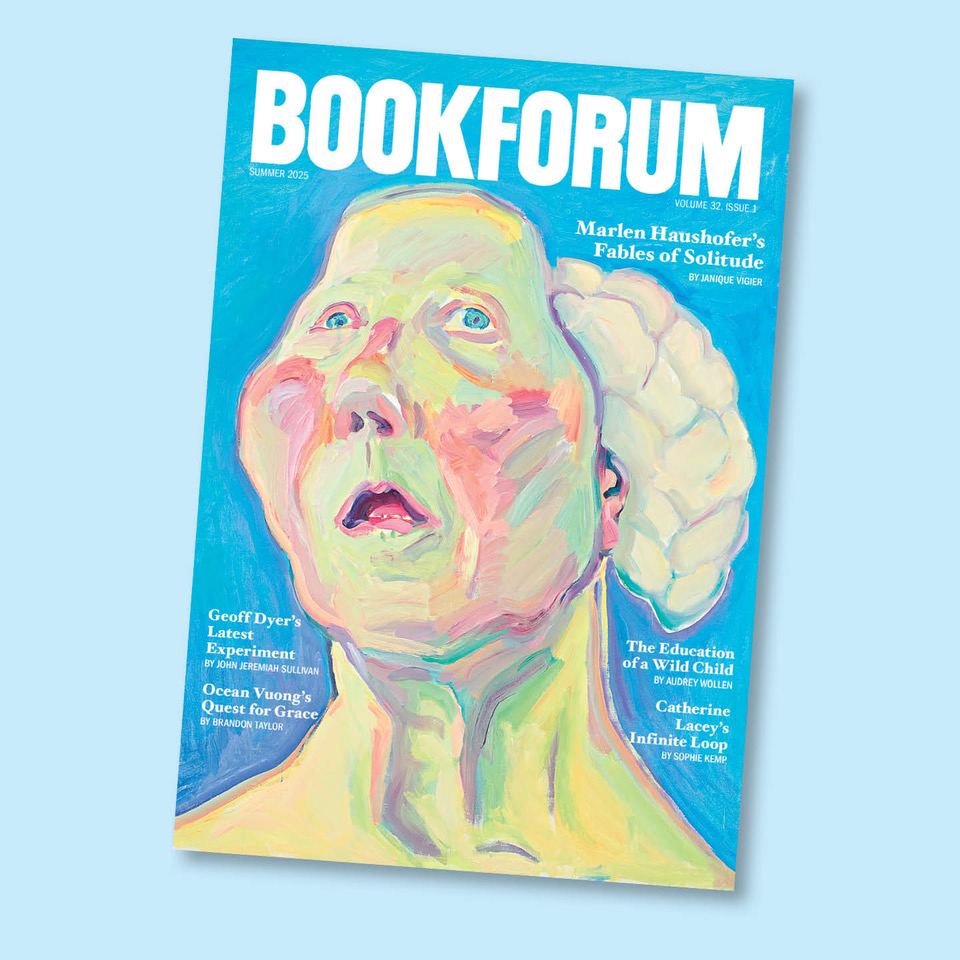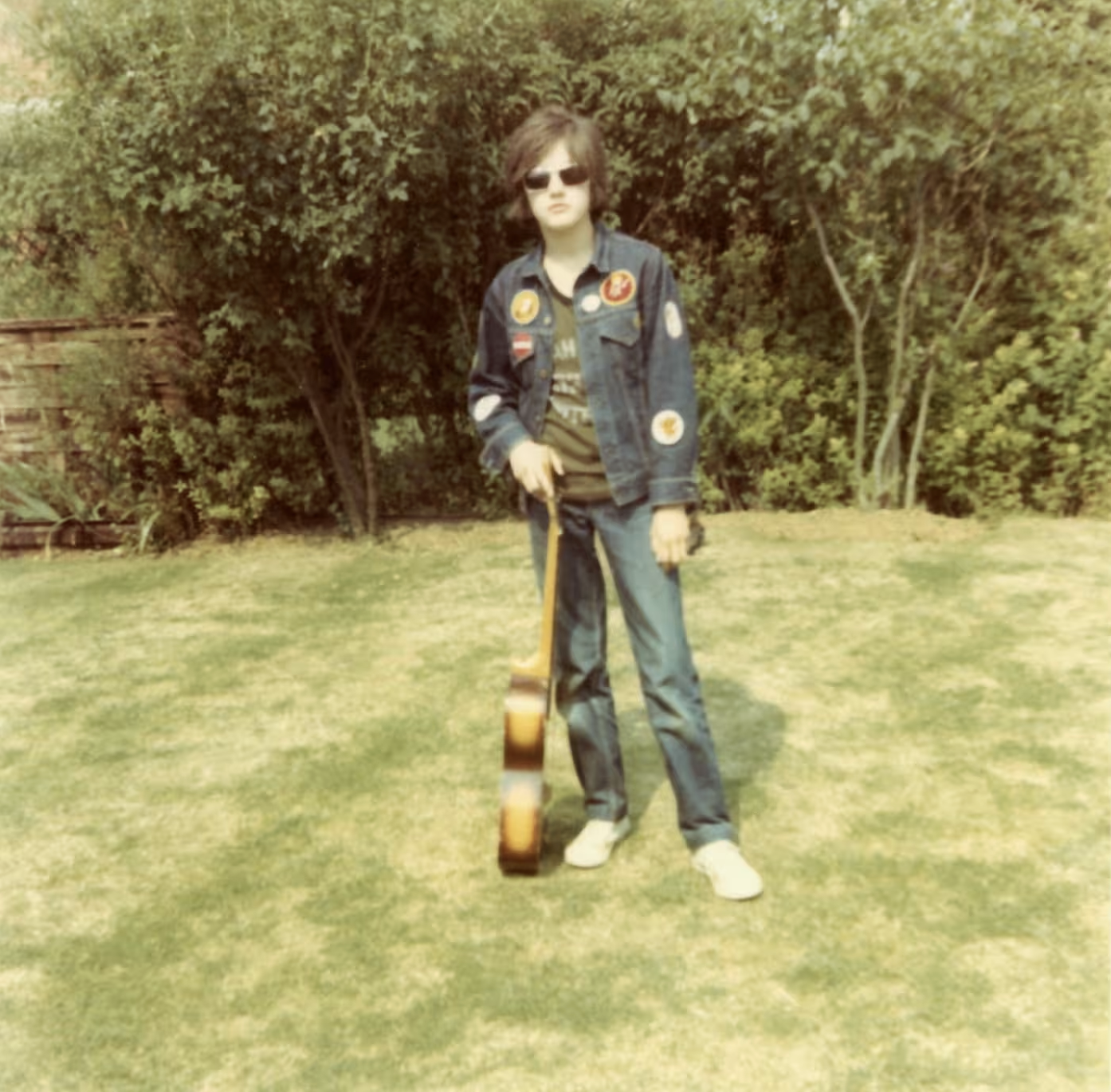LYDIA DAVIS INTRODUCED her brand of emotional vertigo in the mid-1980s, with short stories that could fairly be called flat but never cold. In her fiction and translation work—both lifelong gigs for her—Davis revises drafts heavily. Her patience has given us a catalogue of everyday American surrealism that is hers alone. Here is a story […]
- print • Fall 2025
- print • Fall 2025
LONG BEFORE ELON “I am become meme” Musk sought to dismantle the federal government under the aegis of a dog meme, there were LOLcats. Founded by two software developers in 2007, icanhascheezburger.com hosted an array of image macros, foraged from forums like Something Awful or created with an in-site tool, that paired a cute cat […]
- print • Fall 2025
If I love you and I duck it, I die. —James Baldwin JAMES BALDWIN FELL IN LOVE too easily, and we’re the victors feeding on the spoils of his dysfunctional longings as they mingle with his use of language in the service of divine justice. His private yearning and his public writing, like foils in […]
- print • Fall 2025
ALTHOUGH NONE OF HER BOOKS could be said to have happy endings, I have never until now thought of Chris Kraus as a writer of tragedies. As is the case with many of her admirers (and just as many of her detractors), my attention has long been snagged on her work’s thornier, more titillating qualities: […]
- print • Fall 2025
A MAN LOOKS OVER A FENCE, SPYING. He notes the arrival of a Buick hardtop convertible. Parked now, the driver rolls the top down, using a new automatic mechanism, exposing the interior leather to the elements right at the wrong moment. The camera at first shows a magnificent three, who spill out as from a […]
- print • Fall 2025
MEMOIR IS A SLIPPERY genre. Its name, from the French for “memories,” suggests a transparent fidelity, as if writing one required only transcription. In fact, every era produces its own forms of life writing, shaped by its particular cultural preoccupations and oversights. Today, for instance, most memoirs fall into two camps: first, the classic retrospective […]
- print • Fall 2025
THE UNCANNY fertility and invention displayed by the writing of Muriel Spark has been a consistent source of awed bemusement. Gabriel Josipovici, an experimental writer quick to identify Spark as a rare British predecessor, called her novels—she published twenty-two in all—“a joy to read and a nightmare to talk about.” Renata Adler, in the Spark […]
- print • Fall 2025
DESPITE HER REPUTATION as a long-winded writer, Gertrude Stein had a talent for pithiness. Of Oakland, the town where she grew up, she famously remarked: “There is no there, there.” Of one of her literary nemeses, Ezra Pound: “A village explainer, excellent if you were a village, but if not, not.” Of the younger American […]
- print • Fall 2025
FOR MOST OF HER LIFE, THE EGYPTIAN ARTIST Inji Efflatoun divided her days in half. She would paint in the morning and do politics in the afternoon—anything from attending the events of a rich and varied cultural life to plunging headlong into activist campaigns. A member of several underground communist groups, Efflatoun created at least […]
- print • Fall 2025
THE ARTIST TINA GIROUARD (1946–2020) ARRIVED IN NEW YORK CITY from the rice farms of southwestern Louisiana in 1969, when she moved into a Chatham Square apartment that would serve as home, studio, and artist crash pad. Over the next decade, she would become an essential figure in an experimental downtown milieu defined by an […]
- print • Summer 2025
AH SATIE AGAIN! When Roger Shattuck wrote his The Banquet Years chapters dedicated to Satie back in 1955, he could still describe the enigmatic Parisian as “a musician more heard of than heard.” In the mid-1980s, when I read Shattuck’s portrait of the Belle Epoque demimonde, I distinctly remember thinking that Aldo Ciccolini’s Satie disks […]
- print • Summer 2025
“A SALESMAN HAS TO SEE PEOPLE AS THEY ARE,” says the protagonist of Helen DeWitt’s 2011 novel, Lightning Rods, a satire about a failed door-to-door salesman who invents a business model that winds up reordering the modern workplace. “No matter how badly people want something,” he explains, “if they don’t want to be the kind […]
- print • Summer 2025
SELF-PROCLAIMED “DEADBEAT NEW YORK RESTAURATEUR” Keith McNally is not a man at peace with himself. This assessment requires no great leap of interpretation, given that his memoir, I Regret Almost Everything, opens with his 2018 suicide attempt. In McNally’s telling, he had been on top of the world just two years prior: happily married and […]
- print • Summer 2025
THE VISIONARY PAINTER, SCULPTOR, AND INVENTOR JACK WHITTEN (1939–2018) moved to New York City from Alabama in 1960. He later explained that, as a Black civil rights activist in Jim Crow country, staying put was not an option: “I knew that if I stayed in the South, somebody was gonna kill me or I was […]
- print • Summer 2025
SINCE LEAVING ANTIGUA FOR THE UNITED STATES in 1965, at the age of sixteen, Jamaica Kincaid has written fiction, essays, and memoirs that mull over her inheritance as the reluctant daughter of the British empire. She is best known for her slim novels Annie John (1985) and Lucy (1990), about a rebellious girl growing up […]
- print • Summer 2025
SO MUCH DEPENDS UPON La Vache qui rit, which you know as the Laughing Cow, the individually wrapped wedges of spreadable cheese from your childhood. Founded in 1921 by a French veteran of the First World War, the company’s name is based on a pun on Wagner’s Valkyries and an anti-German slur. The product’s package—a […]
- print • Summer 2025
Before dawn on January 9, 1800, a young boy emerged from the bare winter forests that surrounded a small village in southern France. A local caught him pulling out vegetables from a terraced back garden, naked except for the tatters of what was once a shirt. He was hungry, dirty, self-assured, and silent. The thick […]
- print • Summer 2025
POET AND LITERARY CRITIC Jamie Hood’s Trauma Plot: A Life is a destabilizing achievement of radical self-exposure, interrogation of form, and defiance of reader expectation. Setting out to capture what it’s like to live through sexual violence and its aftershocks, the memoir records all the pain, the horror, the numbness; the forgetting and remembering and […]
- review • July 15, 2025
The Summer 2025 issue of Bookforum is out now! This edition features John Jeremiah Sullivan’s essay exploring Geoff Dyer’s new artistic territory, Brandon Taylor’s exploration of Ocean Vuong’s fictional worlds (and states of grace), and Janique Vigier’s celebration of Marlen Haushofer’s parables of isolation. Also in the issue: Angelo Hernandez Sias interviews Susan Choi; Audrey […]
- print • Summer 2025
I WAS TRYING TO FIGURE OUT what struck me as odd, at first, about Geoff Dyer’s new memoir, Homework, when it dawned on me: it isn’t odd. The book, that is. Formally and in terms of genre, a Dyer book almost always represents a novel (so to speak) hybrid. His scholarly projects have a way […]

